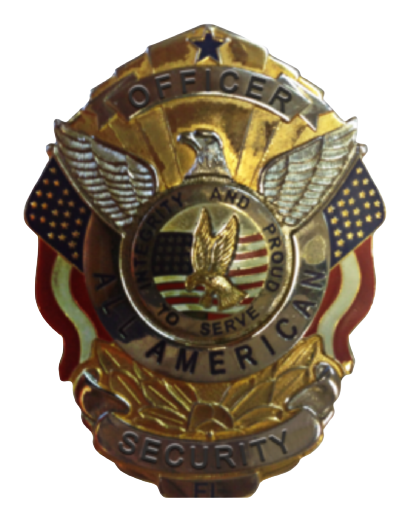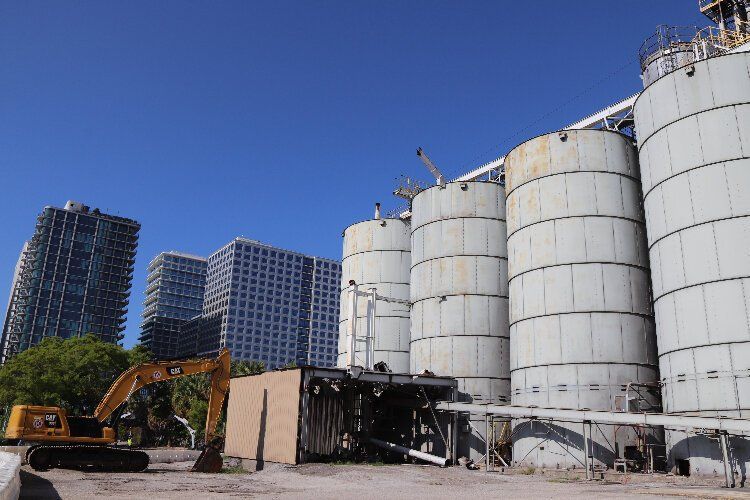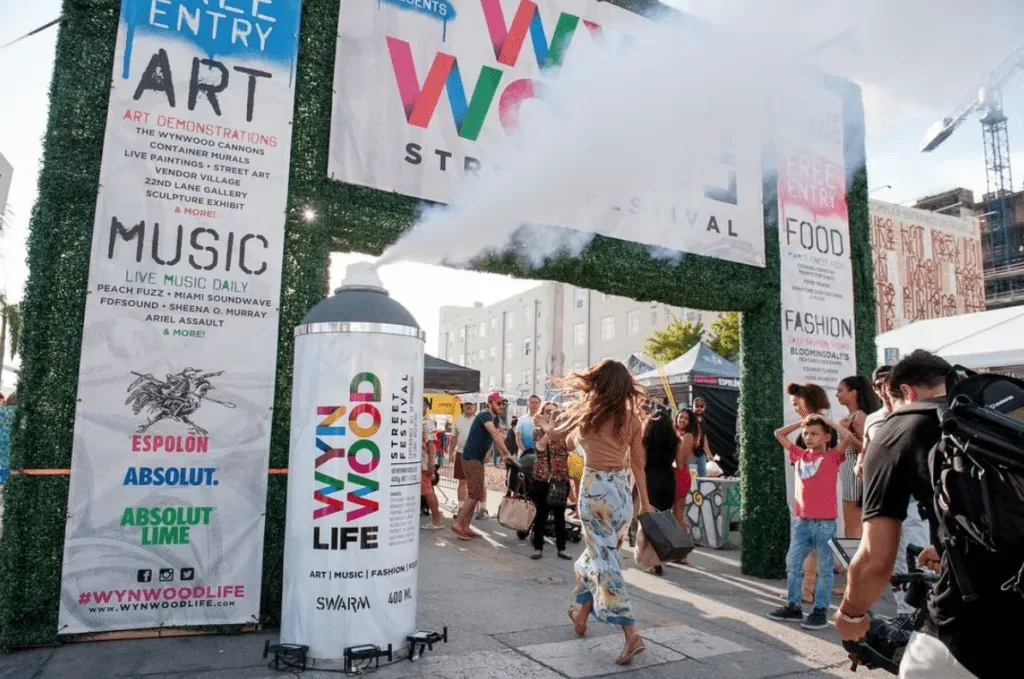Enhancing Hotel Security in South Florida: Key Challenges and Solutions
In the bustling travel and tourism hub that is South Florida, hotels face numerous safety and security challenges. These establishments not only strive to provide exceptional guest experiences but also need to ensure the utmost security to protect guests, staff, and property. Below, we delve into the most common security concerns for hotels in South Florida and how All American Security Services offers effective solutions to these issues.
1. Comprehensive Access Control
One of the primary security concerns for any hotel is managing who can access the property. This involves not just guest security but also the safeguarding of staff and service areas. Advanced access control systems that include key cards for guest rooms and restricted access for staff areas are essential. Additionally, having security personnel at main entry points ensures that only authorized individuals can enter the premises, providing an additional layer of security.
2. Constant Surveillance
Hotels must have a robust surveillance system in place. This includes strategically placed cameras in hallways, lobbies, parking lots, and other public areas. Continuous monitoring can help prevent potential security breaches and provide digital evidence in case of any incidents. Moreover, surveillance acts as a deterrent against theft and vandalism, which are common concerns in high-traffic areas like hotels.
3. Guest Verification Processes
To further enhance security, hotels should implement stringent guest verification processes. This includes checking IDs and maintaining a secure check-in process that protects personal guest information. These measures not only help in preventing identity theft but also ensure that only registered guests and their visitors can access hotel amenities and accommodations.
4. Emergency Preparedness
South Florida's susceptibility to hurricanes requires that hotels have effective emergency response strategies. This includes not only structural preparedness to withstand storms but also clear communication channels for evacuating guests in case of emergency. Regular training for staff on emergency procedures ensures that everyone knows how to act swiftly and safely when required.
5. Internal Theft Reduction
Internal theft can be a significant issue in hotels, where employees might have access to rooms and personal belongings of guests. Implementing strict inventory control and using security technologies like RFID can help track high-value items within the hotel, reducing the likelihood of theft. Regular audits and background checks for staff also contribute to a secure environment.
6. Tailored Security Strategies
Given the varied layouts and styles of hotels, from boutique to large-scale resorts, security needs can greatly differ. All American Security Services excels in developing customized security strategies that address the specific challenges and layout of each hotel, ensuring comprehensive coverage and safety.
Partnering with a seasoned security service provider like All American Security Services can significantly enhance the safety protocols of any hotel in South Florida. Our team is committed to delivering security solutions that not only protect but also add value to the hospitality experience.
Get in Touch Today!
Ensure your hotel's security is top-notch with All American Security Services. Contact us today for a free consultation and quote, and learn how we can help safeguard your property and enhance your guests' peace of mind. Call us in Miami at (305) 614-9260, Tampa at (813) 590-0771, or inquire about joining our team at (786) 572-0389. Visit our Miami office at 12491 SW 134th Ct, Miami, FL, 33186. We are here to serve and protect!











